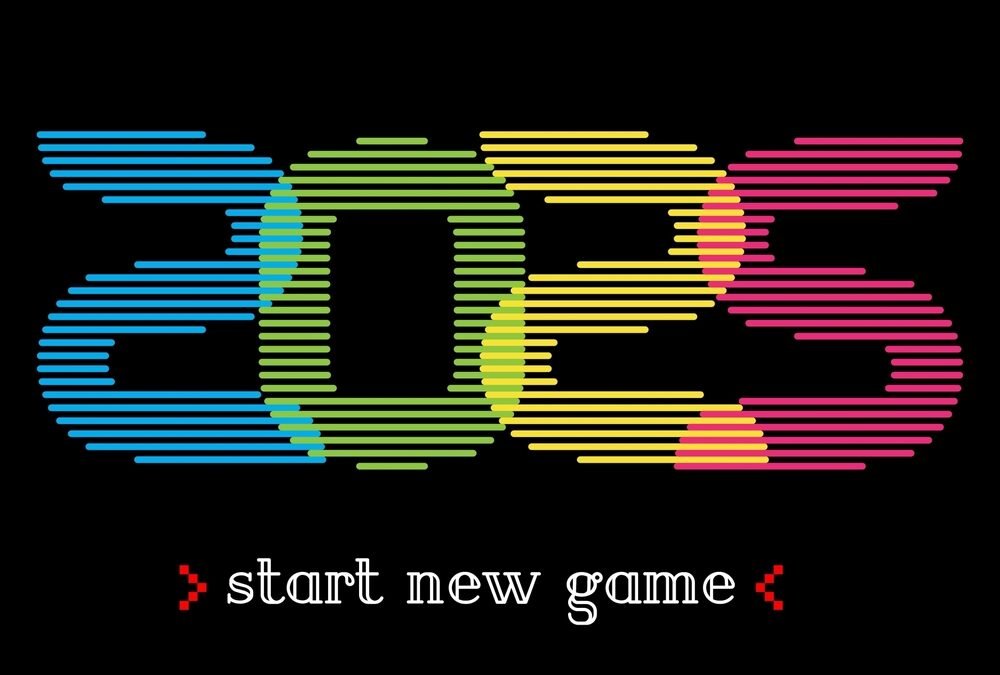By the time we get to 2025, psychedelic culture and interactivity via gaming will definitely change entertainment as we know it. Tripsitter Gaming is the new frontier that promises to combine such priceless things as introspective transformation through psychedelia and the immersive engagement of video games. This offering will not only entertain but also recreate and help create different experiences that can almost be called life-altering from a perception and consciousness-expanding angle.
The Genesis of Tripsitter Gaming
Tripsitter.com describes someone who looks after another person during a trip, making sure that everything is safe, and giving guidance should any situations of difficulty arise. Tripsitter Gaming offers this kind of assistance in virtual spaces which let a person experience his self-discovery and healing through inner exploration. This online gaming idea is inspired by TripSitter.com-like sites that furnish sites for responsible dissemination and accurate data on the use of psychedelics. Rather, it focuses on letting a person encounter psychedelic experience in a very controlled and introspective engagement within the constraints of a digital medium.
The Psychedelic Renaissance and Its Influence on Gaming
The early decades of the 21st century have seen growing excitement in the area of psychedelics, now rediscovered in both scientific research and popular culture. Study after study demonstrating the therapeutic efficacy of substances such as psilocybin and LSD could certainly increase public acceptance and curiosity. This psychedelicized renaissance manifested itself in just about every art form, with gaming being very receptive to the interactive, immersive qualities of this renaissance.
Technological Advancements Fueling the Fusion
Psychedelic gaming has found technological advances as a way to push the aspects of software into their incorporation into gaming:
- Virtual Reality (VR) and Augmented Reality (AR): These technologies enable to create environments that are more realistic and closer to the sensory distortions and visual phenomena associated with psychedelic experiences. Games like “TRIPP” on the Meta Quest platform would incorporate psychedelic-inspired visuals to promote mind wellness through meditation and relaxation experiences.
- Artificial Intelligence (AI): AI programs can modify gameplay in a way to customize the activity according to the player’s emotional and psychological conditions in real time and therefore bring the game closer to its potential for introspection.
- Neurofeedback Integrative: It builds up new interfaces that probe physiological responses-including heart rate and brainwave activity- so that games can be able to shift in normative response to the participants’ mental states where the outcome is a bio interactive experience similar to those one experiences after being psychedelically journeyed.
Design Principles of Tripsitter Games
The art of crafting a game called Tripsitter requires all the rattling observances of the design details out of the whole:
- Realistic Esthetics: Including visual and auditory effects suggesting some psychedelic experiences themselves, like fractals, changes of color and palettes, and immersive soundscapes; Perceived as an altered state experience.
- Story Depth: Developing plots for self-discovery by moral dilemmas and sentiment involvement; players’ personal journeys for self-discovery.
- Interactivity: Open-ended, free-world explorations where one can roam and experiment without hard agendas.
- Emotionality: Experiences with possible attachment to emotions intended to allow catharsis and self-improvement.
Potential Benefits of Tripsitter Gaming
There are lots of expected benefits deriving from integration of psychedelic principles into video gaming:
- Psyche Healing Applications: Surrogate psychedelic experiences can be therapeutic tools: exposing an individual to conditions for therapy, stress management, or emotional processing under one controlled situation.
- Education: The player hence gets acquainted with the effects and history of psychedelics, thereby maximizing knowledge consumption and minimizing preconceptions and stigmatization associated with psychedelics.
- Creativity: That will definitely stimulate a person’s creativity and problem-solving skills because of exposure to psyche-inspired environments.
- Community Building: Since shared experiences are presented in these games, they foster community among players and encourage discussion on consciousness and personal development.
Challenges and Ethical Considerations
There are some exciting possibilities ahead, but many hurdles remain to be cleared:
- Authenticity vs Accessibility: The experiences must be authentic enough to be meaningful to players but not so over the top that it would be alienating for them.
- Ethical Design: Games should not trivialize or misrepresent the real seriousness of psychedelic life experiences and should continue to inform ways to play safely and responsibly.
- Regulatory Scrutiny: Knowing how to navigate the potential regulatory issues that may arise regarding the depiction of psychedelic experience, primarily in very limited content regions.
- Psychological Safety: Configure protection features against players’ exposure to possible psychological harms, like content warnings and proper referrals to support.
Case Studies and Notable Examples
There are several games whose inception touches the intersection, offering glimpses into what Tripsitter Gaming could mean :
- “Tripsitter” (2024): This is the title of the game made during Global Game Jam, where players should guide a playmate through a difficult psychedelic trip, playing heavy on concepts around empathy and support.
- “TRIPP”: This is a meditation and relaxation app on the Meta Quest platform that combines psychedelic simulations, where mental health therapy is concerned.
- “SoundSelf”: Auditory virtual reality experience-gather chanting and real-time visuals, putting the person in a trance, akin to that experienced during a psychedelic trip.
The Future Landscape of Tripsitter Gaming
The evolution of Tripsitter Gaming would be molded by so many trends as follows:
- Integration with Mental Health Initiatives: Collaboration with mental health professionals to design therapeutic games potentially useful for conditions such as PTSD, anxiety, and depression.
- Advancements in Immersive Technology: Improving the already existing VR and AR technologies for more authentic psychedelic-realistic experiences.
- Personalization: Using AI and neuro-feedback for personalized experiences depending on individual psychological profiles, making the experience more effective and engaging.
- Cultural Acceptance: The changing mindset of society will mostly result in further acceptance and thus necessitate higher demand.

